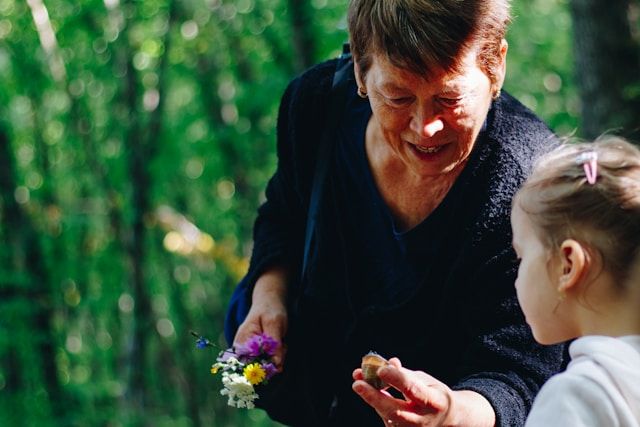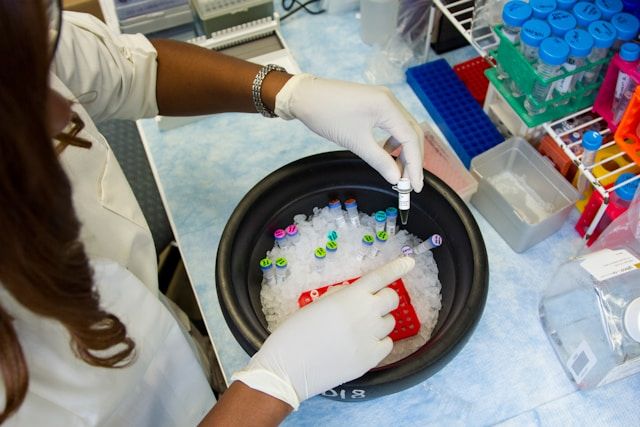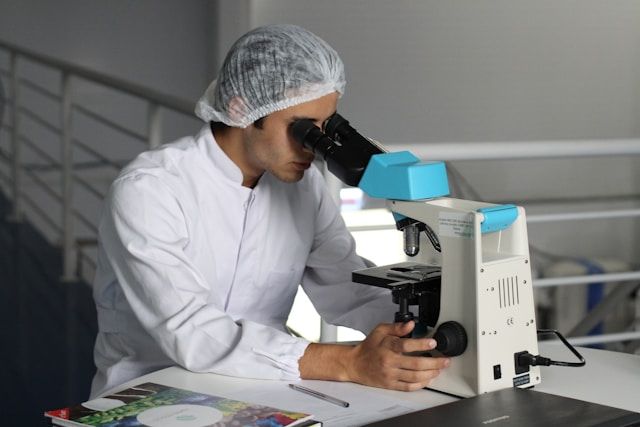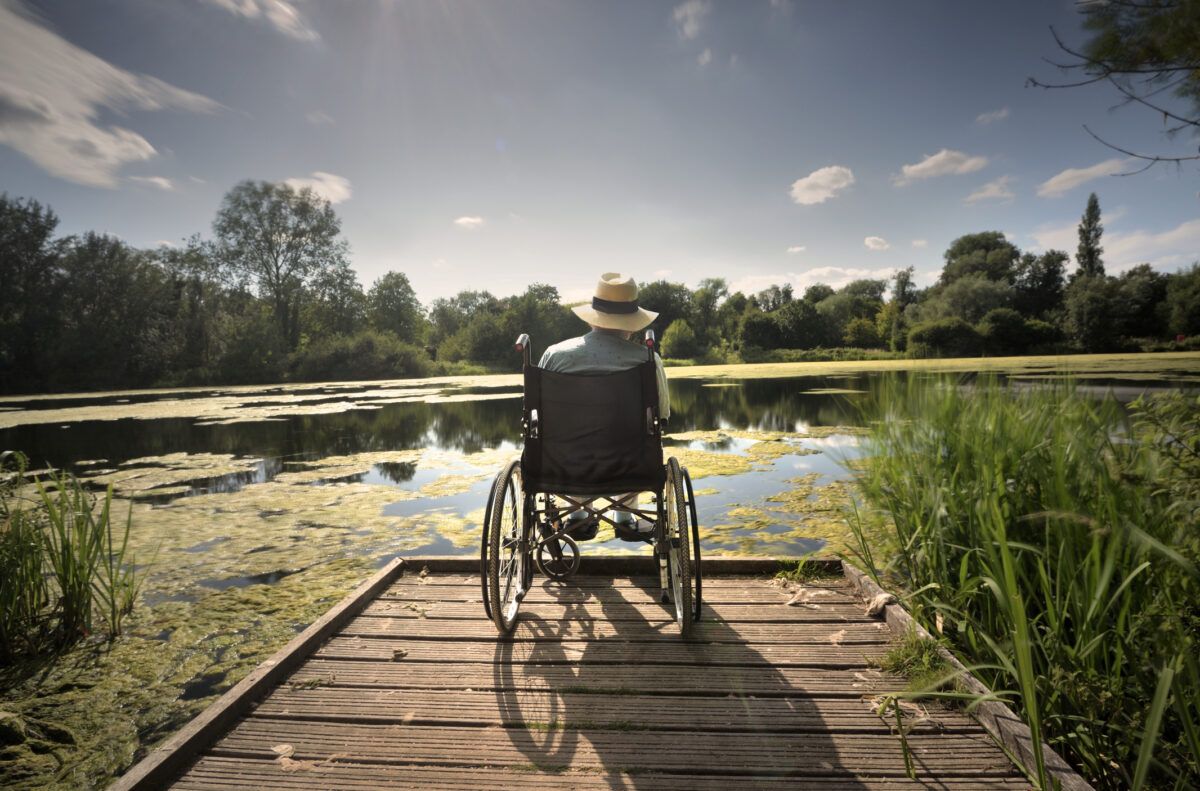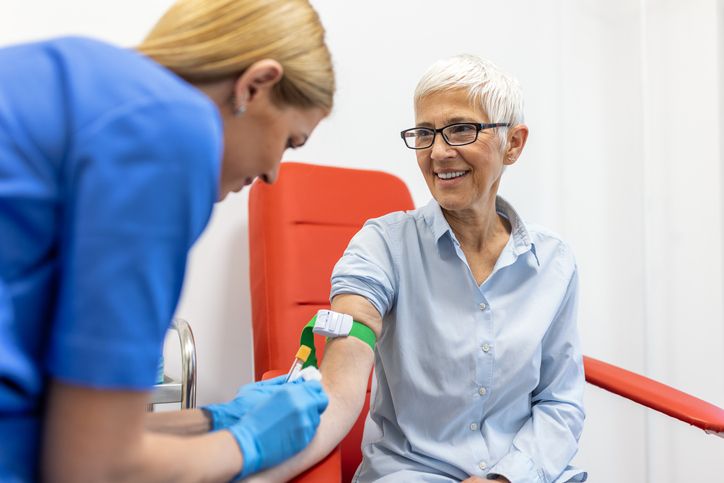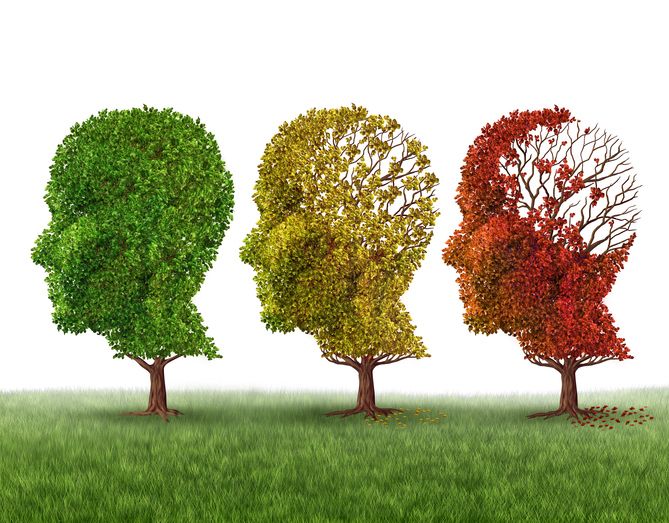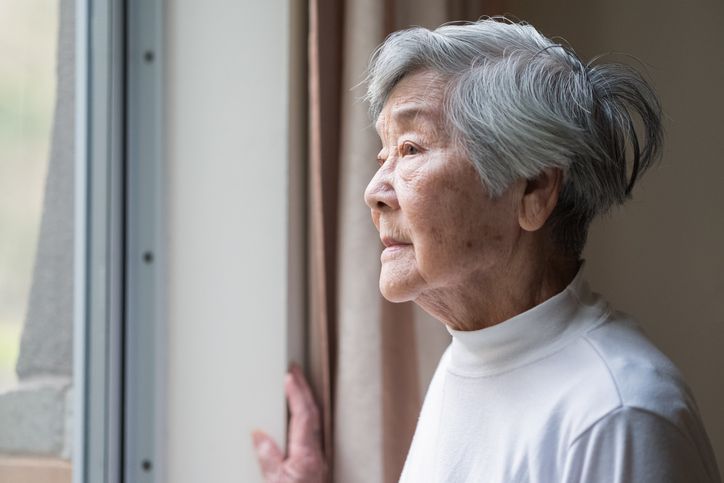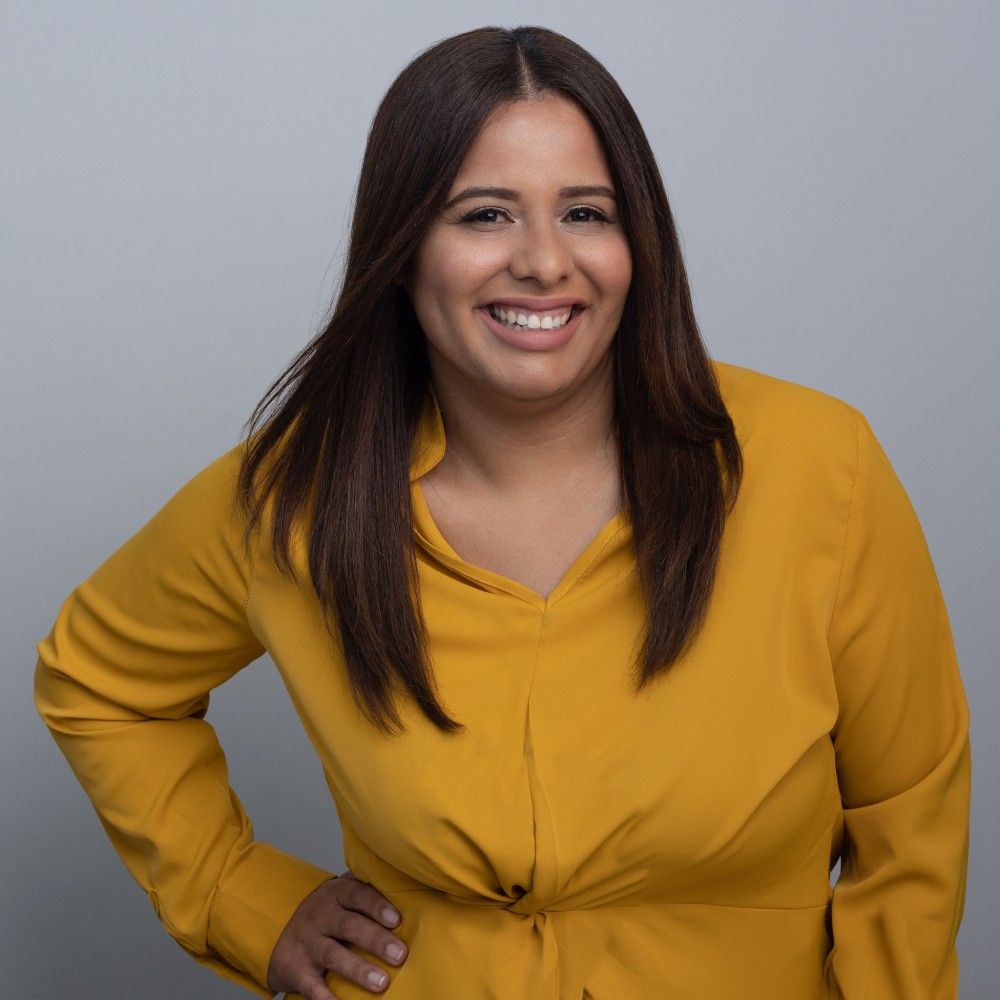Many people believe that cognitive decline is an inevitability as we get older — or that dementia is just a normal part of aging. But in fact, while age is perhaps the most significant risk factor for cognitive decline, this isn’t the case for everyone. Many people stay sharp even into their 70s, 80s, 90s and beyond.
Here are a few brain functions that studies show are likely to improve in healthy older adults as the years roll past.
1. Older adults may make wiser split-second decisions.
Imagine driving to work in the morning, singing along to the music on the radio. The traffic light at the nearest intersection is about to turn red, and you spot a car close behind you in the rearview mirror. How fast can you read the situation and decide whether to brake and risk being rear-ended or to try to get through the intersection?
This kind of split-second decision-making relies on speedy mental processing. Research shows that while rapid decision-making may slow a bit beginning at age 60, most adults balance out this loss in speed with a gain: they tend to make more cautious — and wiser — decisions.
2. The aging brain is better at blocking out distractions.
Imagine you’re back in the car, driving with family members, loved ones, or small children. It is raining heavily, impairing visibility on the road. The other passengers in the car are trying to pass the time by playing loud games or music on their phones. How well could you spot a pedestrian running out on the road?
Older adults might be better equipped to handle this situation. A 2021 study found that older individuals were better at tuning out potential distractions and orienting their attention to essential things in their environment.
3. General knowledge, learned skills, and vocabulary accumulate with age.
Being older means having more life experience, more time to accumulate knowledge and facts, and more time to perfect hobbies and mental skills. As a result, people in their sixties and seventies gradually improve upon these abilities with age.
As a result, older adults come out on top when it comes to tests of knowledge, history, or even solving familiar math problems.
Research also shows younger generations who have grown up with the internet — like millennials and Gen Z — are more susceptible to misinformation than older adults.
Many recent studies have overturned the idea that aging causes cognitive decline across the board. While some people may experience problems with memory and other aspects of thinking or problem-solving, many other abilities stay intact. They may continue improving as we age.


